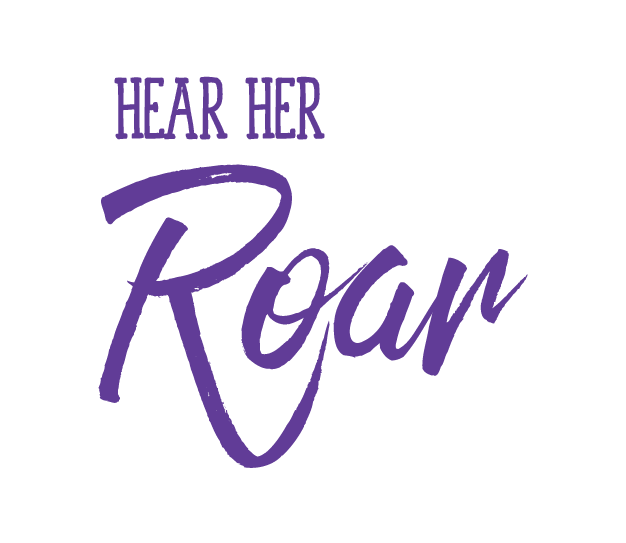What Happens When You Gain Power
You may have noticed that I decided not to post a blog last week. I made that decision for a very particular reason. If you live in the United States, you know about the current movements activated around social and racial justice. Last week, as a stand in solidarity with the Black Lives Matter movement, I decided to mute myself.
This week, I want to follow up with a “call forth” to all coaches – especially white coaches. If you also muted yourselves, this is a reminder that muting was the bare minimum. What’s next is action for change.
I don’t say this as a call out, but actually as a call forward. The work of coaching is necessary, but it will only be as impactful as long we are educated about how to navigate our privileges and coach effectively to identity.
Last week, as part of taking on my own learning and unlearning, I participated in the ACTO Conference for Diversity and Inclusion. I have been soaking in this knowledge and training to better understand both my privilege and also how I can be a more effective coach and leader.
This week’s blog topic revolves around what I have already taken away from the conference. It revolves around your position of authority and how the amount of power you have can change throughout your life. We’ll also explore the impact of this change.
To drive this point home, I am going to share a real example from my life that had me eat a slice of humble pie.
I caught myself between two colleagues having a disagreement. On our team, while we are colleagues, these two individuals are technically direct reports of mine. While they were getting into it, I chose to step in. My comments to one of them resulted in her feeling unseen, unheard, and betrayed.
When she first left the meeting, having given me that feedback, I couldn’t understand how it went that way. My take was that I was a peer speaking to another peer and giving direct feedback on how I felt the situation was going. When I really dug in, I realized the disparity was in who had the power in the conversation.
To speak about this more deeply, I want to share a takeaway from a conference session. This session distinguished the difference between being in the “in group” versus the “out group.” Whether you’re “in” or “out” can be impacted by factors such as your gender, age, race, sexuality, ethnicity, religion, weight, mental health, etc.
To talk about these groups, we brought the conversation back to high school. Specifically, how you knew someone was “in” in high school, versus those that were “out.” What characteristics did they have?
For me, I wasn’t “in” in high school. I wasn’t thin, I didn’t have blonde hair, I wasn’t big on wearing makeup… all sorts of reasons. And those reasons left me susceptible to bullying.
At that age, I didn’t have power in the “in” group. Unknowingly, I carried that experience with me. In other groups for the rest of my life, I have just assumed that I am not threatening and that I do not hold the power of influence or opinion.
Well, in actuality, in my training organization, I am at the second highest position on my team. I always desire to speak to my teammates like they are peers, rather than establish hierarchy between us. However, it’s still my job to recognize that there is a power dynamic in the relationship, whether I act on it or not. Technically, even something as simple as my opinion could have more sway on what my direct reports do or feel, because I have that power of authority.
To revisit my personal example from earlier, I was essentially the high school bully who told my teammate that she couldn’t sit with us at lunch. This was a hard thing to own, because I used to be the girl that would get kicked out and I viewed the girl who could kick you out as the villain.
But I am not sharing this story to villainize myself or to criticize anyone in a position of power. I underscore it as an example because it shows how you need to be conscious of the power you hold in situations. Because if you don’t, the impact you have may not match your intention for the situation.
For me, my intention as a leader is to feel like my team is always in partnership with me. I want them to feel seen, accepted, and like they have been brought “up” by working with me.
Not owning that my opinion had more weight ended up impacting someone because I wasn’t owning my position. In other words, I undermined my own vision of the leader I want to be for my team.
Today, my invitation for you is to reflect on the level of authority or power you have had in the stages of your life. If you find that you have more power now than you have had in the past, explore whether you are conscious of your impact.

